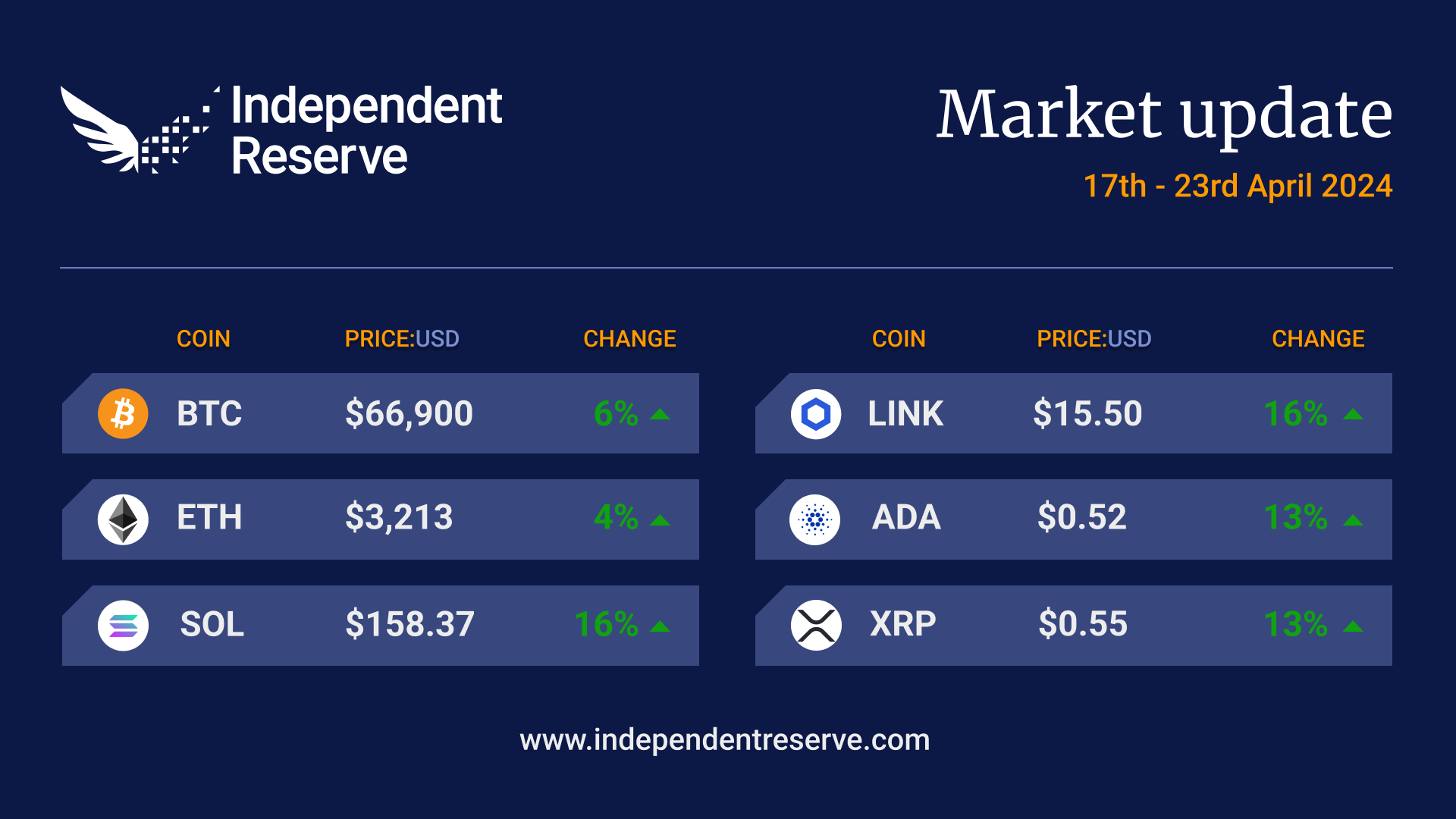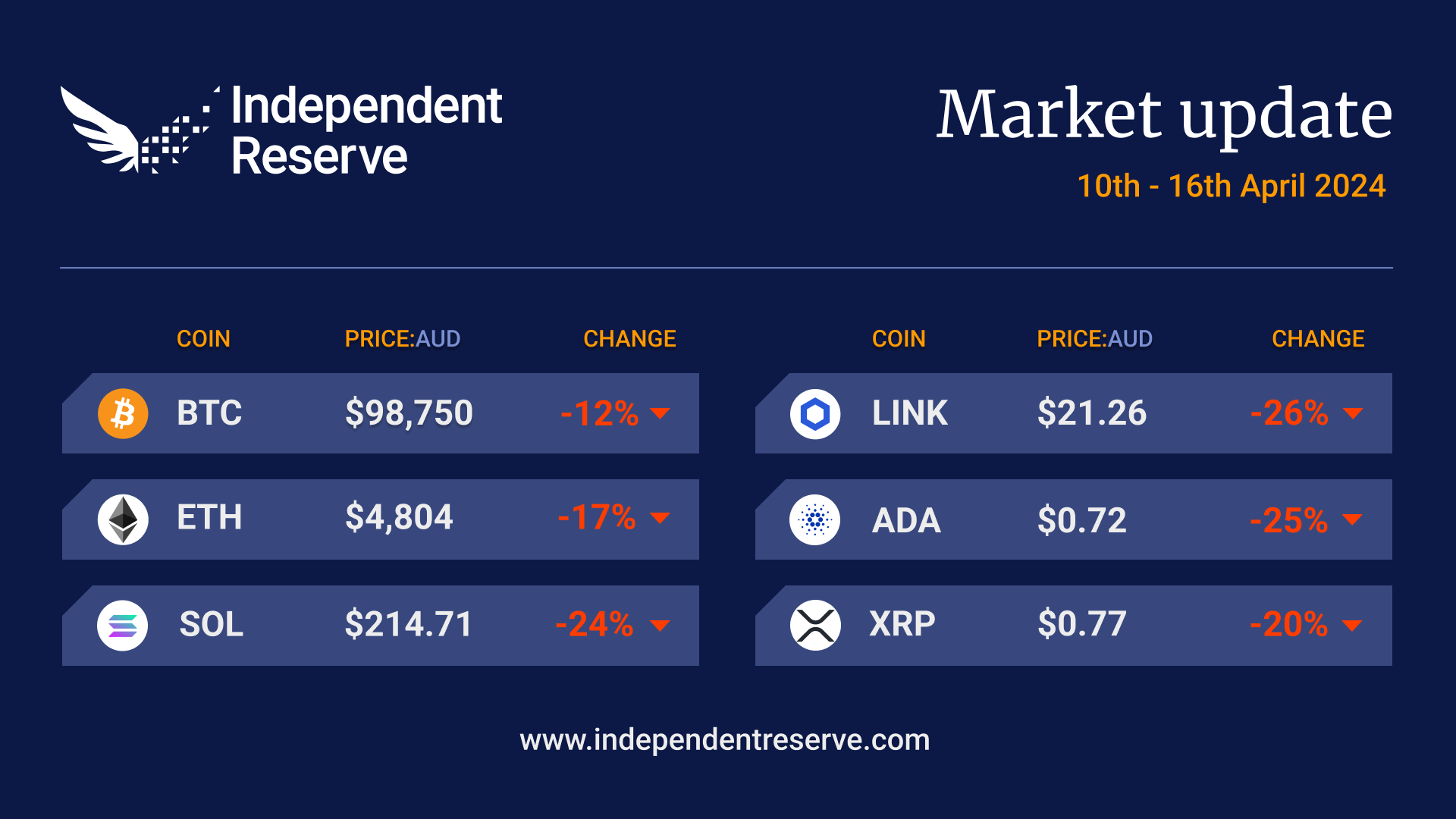What is a smart contract?
Smart contracts are executable code that carry out fixed, procedural contracts. They are fully automated digital agreements that can be tracked, verified, and executed when predetermined conditions are met across parties.
Benefits of smart contracts
Smart contracts are reliable and do not necessarily require the actions or presence of a third party. The smart contract code is stored and distributed across a decentralised blockchain network – making it transparent and irreversible. Not only do they save money and time, but they are also safe due to encryption.
What is Cardano’s ‘Alonzo’ hard fork
This hard fork upgrade brings Cardano one step closer to its intended capabilities as a protocol. ‘Alonzo’ is considered to be a major improvement for the network with the implementation of smart contract functionality. Once the update goes live, any user will be able to create and deploy their smart contracts onto the Cardano blockchain, which sets up the vital components necessary for native decentralised applications (dApps).
The smart contract building platform named ‘The Plutus Platform’ is set to be released during this phase, allowing both technical and non-technical users to build dApps. ‘Alonzo’ will bring an end to the ‘Shelley’ era of Cardano and introduce the ‘Goguen’ era, following the developers set roadmap.
The ‘Alonzo’ stages
Alonzo Blue
The introduction of smart contracts with around 50 technical participants, mostly stake pool operators. Errors regarding invalidation and other simple fixes are tweaked during this stage.
Alonzo White
A further addition of features and a wider range of participants take part in testing. The hundreds of new users will go through a “boot camp” of sorts that will test the capabilities of the network.
Alonzo Purple
A fully public testnet that on-boards thousands of participants to the network. This contains two distinct phases, “light purple” and “dark purple.” The first allows for simple smart contracts, and the latter allows for more complex smart contracts.
Alonzo Red/Black
Amending the final bug fixes to prepare the release of the hard fork. It is important that this last stage is inspected carefully as any future tweaks to the hard fork will be very difficult to implement past this point.
Cardano’s ‘era’ road map
There are six main stages or “eras” for Cardano’s development. Each is focused on expanding the functionality of the network.
Byron
Byron, establishes the foundation code of Cardano and allows users to exchange the ADA currency and mine it with their proof-of-stake consensus algorithm.
Shelley
Shelly, sets out to decentralise the network by setting up incentives for users to host their own nodes. The objective is to ensure the nodes are run by a diverse group of network participants rather than a small, centralised group of users. Also, the addition of the proof-of-stake protocol known as ‘Ouroboros’, an incentive and delegation scheme, rewarding participants of the network.
Goguen
Goguen, deployment of smart contract capabilities, allowing developers to create dApps on top of the Cardano network.
Basho
Basho brings performance improvements to the Cardano network with the ability to increase throughput. This era will introduce side chain scaling, utilising a multitude of blockchains.
Voltaire
Voltaire, implements a voting and treasury system for self-supporting governance. By users staking their funds, they will be able to influence future network developments on Cardano.
You can read about where their roadmap and stages are at, on the status updates page.


